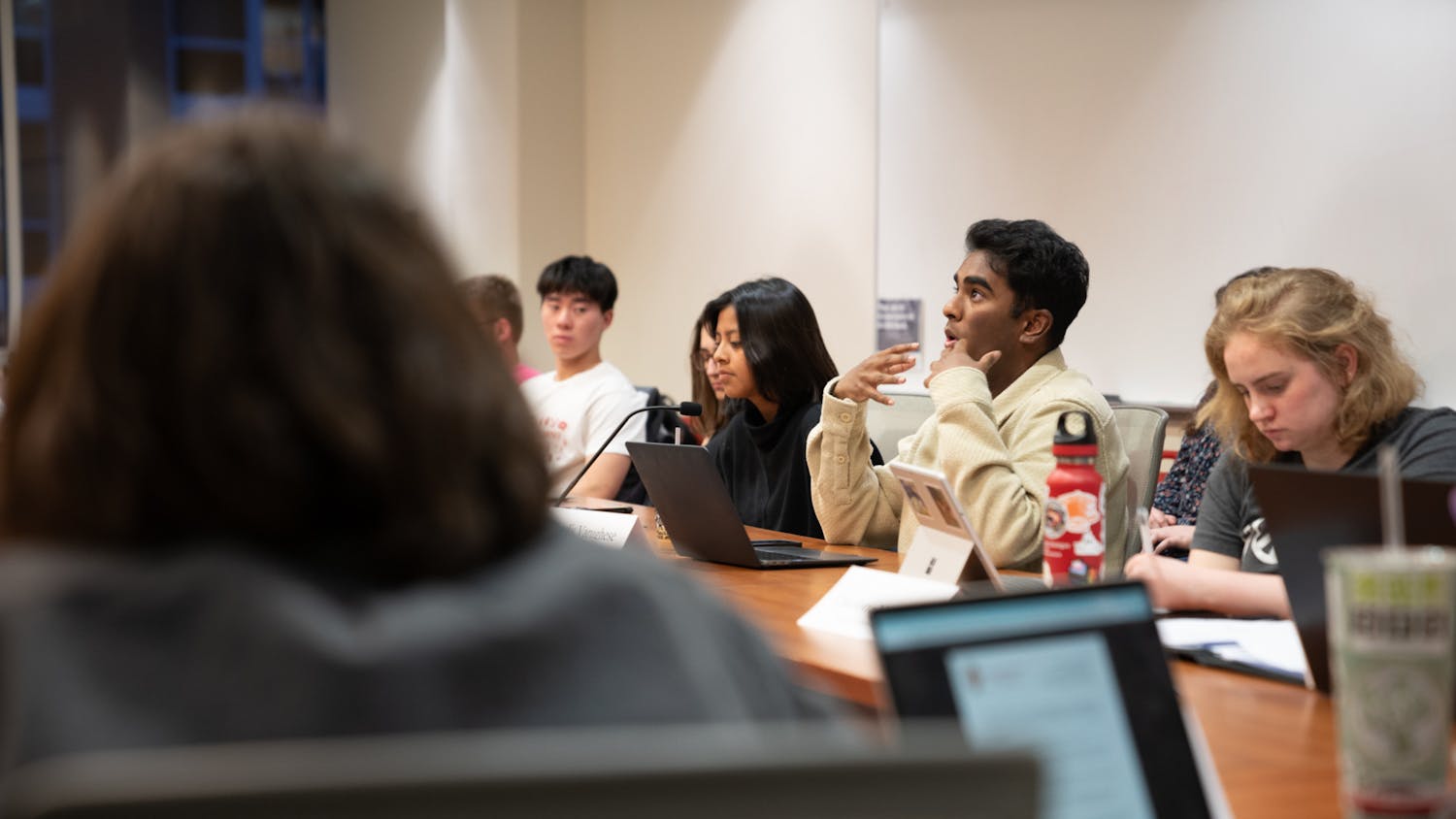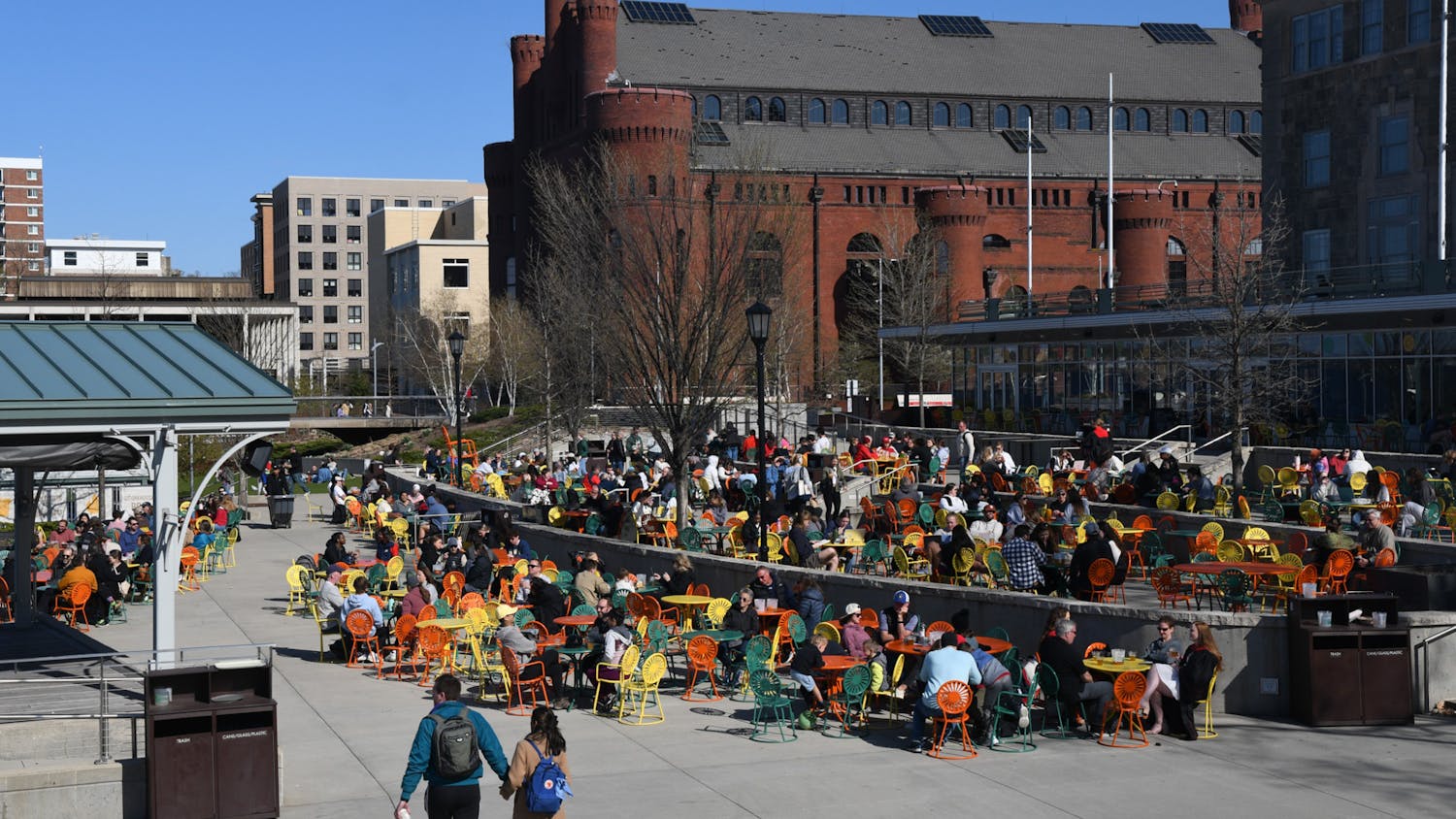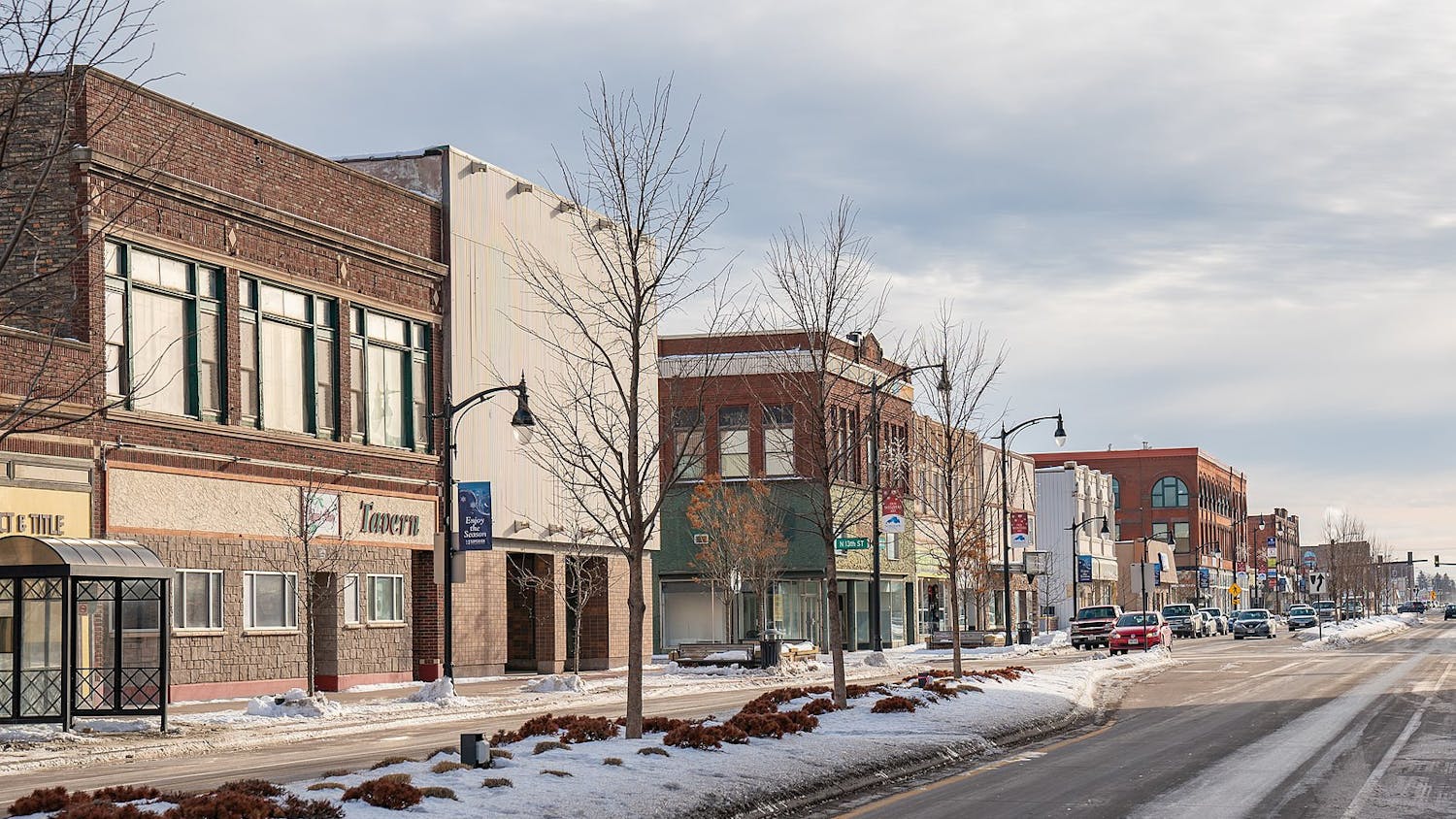An online course about an Aldo Leopold-type approach to sustainable hunting enrolled thousands of students, spurred fervent discussions in online forums and drew over 80 participants to an exposition that included a deer skinning demonstration and pheasant hunt. Though by many counts it was successful, the future of courses like it is uncertain in the face of university resource strains.
UW-Madison debuted six Massive Open Online Classes this year, which are free courses with enrollment open to anyone with Internet access. All of them, which will take place at staggered times until the end of October 2015, center on human choices and challenges in a changing environment. The remaining topics include building a global community around Shakespeare, a “big picture” approach to energy, the world’s forest biomes, and climate change policy and public health.
This year, the Division of Continuing Studies decided to focus recruitment efforts on Wisconsin residents, especially those “who don’t typically interact with MOOCs,” said Joshua Morrill, senior evaluator in Academic Technology, who works with MOOC data analysis, a division of DoIT.
The new Wisconsin Open Education Community Fellowship encourages undergraduate student involvement in MOOCs. In-state students can be awarded grants to connect one of the first three MOOCs to a project with a community organization in either a Wisconsin town they grew up in or one with which they have a personal connection.
For example, a student could participate in the Shakespeare MOOC and then work with a nonprofit at home to educate children about his work, said Randy Wallar, the associate director of engaged scholarship in the Morgridge Center for Public Service. However, he said the guidelines for the project are vague in order to give students flexibility.
To WOECF Graduate Project Assistant David Lassen, the fellowship is a way to make the Wisconsin Idea manifest locally for communities around the state.
“There’s a lot of folks that are interested in this idea of taking the university to the state,” Lassen said. “I think there are a lot of people who are anxious to actually do it but don’t know how.”
Morrill said one way to ensure effective use of resources is to target individuals and groups who yield high participation, even if this means overall enrollment numbers decrease.
He added recruiting participants from Wisconsin will also allow for more “focused interaction.” The MOOCs hold in-person discussions and events throughout their duration, which offer a local forum for expanding upon online content.
“You open it up to anyone online and get this sort of global learning environment, and then you also have the local component where people can talk to other people in their area who are interested in the same issues,” said Lika Balenovich, educational innovation communications specialist.
However, Morrill called ideas about completion “sticky,” saying many students interact with the courses in ways that aren’t as apparent.
Nelson Institute For Environmental Studies Director Paul Robbins, one of three professors teaching The Land Ethic Reclaimed: Perceptive Hunting, Aldo Leopold and Conservation, said he was initially worried when only a few hundred of the thousands of enrolled students were actually using discussion boards. He said his thinking changed when he saw a high level of engagement on online forums, and heard of a participant who hadn’t participated in discussions but still felt he had learned a significant amount.
“It may be that people don’t want to weigh in on the discussion thread but they’re still learning,” Robbins said. “I think some people just wanted to sit back and learn about conservation and some people wanted to debate questions in ethics.”
Robbins said the future of MOOCs is uncertain. Although the university provides a number of outreach services, he said financial concerns pose an ongoing question.
“I think we have to admit that we don’t know how they can pay for themselves, which is a huge problem in a budget crisis,” Robbins said. “Not that spending money on MOOCs is not valuable.”
Due to this lack of resources, Morrill said MOOCs may continue to change form. In addition to a more local focus with smaller enrollment, the classes were shorter than the six to eight week sessions last year. Morrill said the program is also exploring other formats of delivering information around the state, for instance using a podcast series.
In the future, classrooms for degree-seeking students might be able to incorporate ideas from the MOOCs. Already, Morrill said in an email that videos from the Video Games and Learning MOOC and Human Evolution MOOC last year have been repurposed in classes on campus. In addition, he said universities inside and outside of Wisconsin have requested the content.
“The MOOCs were a place to try out these things and now we have a process going forward,” Morrill said. “We’ve learned a lot.”





